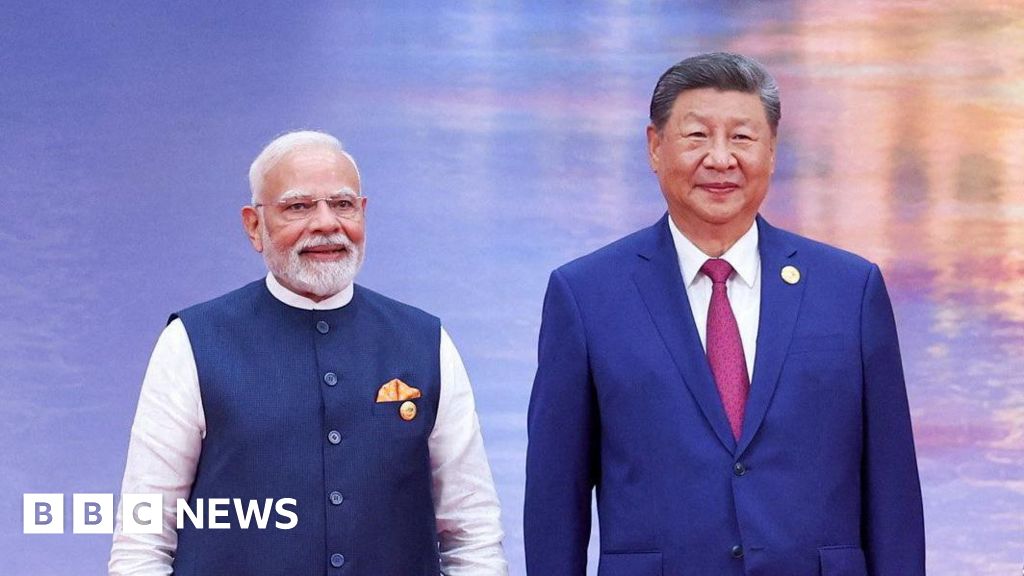Foreign Companies Struggle to Exit India

Introduction
Starting a business in India is no easy feat, but what happens when a company decides to leave? General Motors' recent struggles in shutting down their operations in India have shed light on the challenges that foreign companies face in the country.
Obstacles for Leaving
Despite the government's efforts to improve the ease of doing business in India, foreign companies still face numerous obstacles when trying to exit the market. In the case of General Motors, they had to deal with regulatory hurdles, labor issues, and even political pressure from local authorities. These challenges not only delay the process of leaving but also add significant costs for the company.
Impact on Foreign Companies
The difficulties faced by General Motors are not unique and have been experienced by other foreign companies as well. This has made many companies hesitant to invest in India, as they fear getting stuck in a market that they cannot easily exit from. This also poses a threat to the country's goal of attracting more foreign investment and boosting economic growth.
About the Organizations Mentioned
General Motors
General Motors (GM) is a leading American multinational corporation that has been a driving force in the automotive industry for over a century. Founded in 1908 by William C. Durant, GM began as a holding company for Buick and quickly expanded to include other prominent brands like Cadillac, Oldsmobile, and Chevrolet[1][3]. Durant's vision was instrumental in transforming GM into a global powerhouse, though he faced challenges, including being forced out in 1920 and later returning to co-found Chevrolet in 1911[2][3]. Under the leadership of Alfred P. Sloan, GM reorganized into a decentralized management structure, pioneering annual style changes and consumer financing innovations[1]. The company's impact on the automotive sector has been profound, introducing the electric starter and being a model for large-scale industrial enterprises[1][3]. GM's legacy includes a vast array of brands, though some like Oldsmobile and Pontiac have been discontinued[4]. In recent decades, GM faced significant challenges, including bankruptcy in 2009, but it has since recovered and is now focused on electric and autonomous vehicles[5]. Under CEO Mary Barra, GM has committed to a future of sustainable transportation, aiming for zero crashes, zero emissions, and zero congestion[6]. Today, GM operates globally, manufacturing vehicles in 35 countries and employing thousands worldwide[4]. Notable aspects of GM include its commitment to innovation and its role in shaping American industrial history. The company continues to evolve, investing heavily in electric vehicles and self-driving technology. As a leader in the automotive industry, GM remains a significant player in both business and technology, shaping the future of transportation with its pioneering spirit and technological advancements.

















